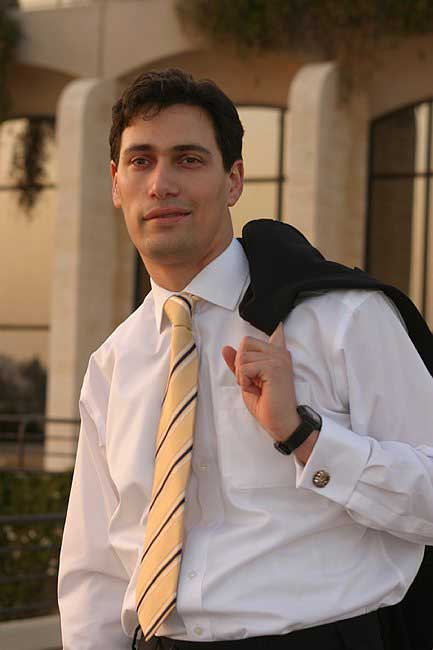Human rights, human wrongs
There is a good article in the Economist about Amnesty International.
For many years, Amnesty were the authoritative voice in human rights. With no allegiance to any political party or ideology, their critical reports were taken seriously and had the capacity to embarrass governments into changing their policies.
But recently, Amnesty International have expanded their remit into areas such as globalisation, poverty and the arms trade, issues that not everyone agrees on. That may be admirable to some of their supporters but it also means they are increasingly political, and there is more than a hint of yankee bashing in some of their campaigns. To describe Guantanamo as "gulag of our times", is an insult to Stalins victims. The entire Soviet Union lived in fear of the gulag, whereas Guantanamo has been an outrage precisely because it's exception to the American legal system rather than the rule. Amnesty also seem to find it harder to be impartial. In Colombia, for example, Amnesty opposed a law that offered reduced sentences to right-wing paramilitaries but made no objections to past proposals for amnesties for left-wing guerrillas.
For many years, Amnesty raised awareness about human rights by campaigning for prisoners of conscience, but much has changed in the past 20 years...
The collapse of the Soviet empire and of apartheid rule in South Africa cut the number of visible prisoners of conscience. Countless tens of thousands may languish in China's laogai forced labour camps (a system that truly deserves to be called a gulag), and many are incarcerated in places such as North Korea and Myanmar (Burma). But even getting the names of the inmates is hard, let alone embarrassing the governments. Writing letters on behalf of a Havel or Sakharov sparks members' enthusiasm far more than a few blurred pictures of a remote camp with anonymous inmates.The article ends...
...an organisation which devotes more pages in its annual report to human-rights abuses in Britain and America than those in Belarus and Saudi Arabia cannot expect to escape doubters' scrutiny.That seems to be a problem with much of the west today. Unable to tell the difference between good and evil, western liberals treat Mahmoud Ahmadinejad with kid gloves whilst villifying George Bush as the global terrorist. Let me ask them one question. Which country would they rather be arrested in, the United States or Iran?


<< Home